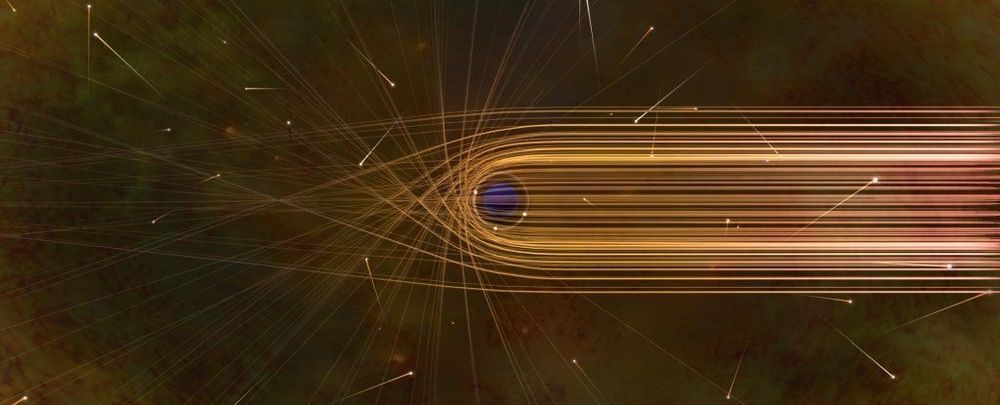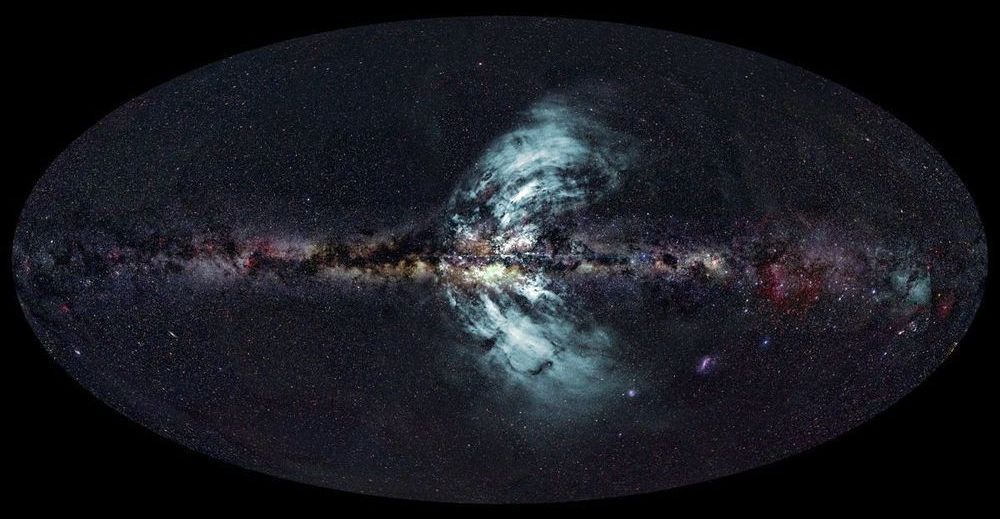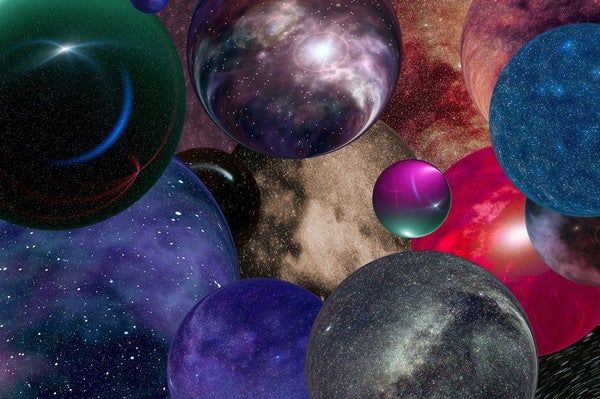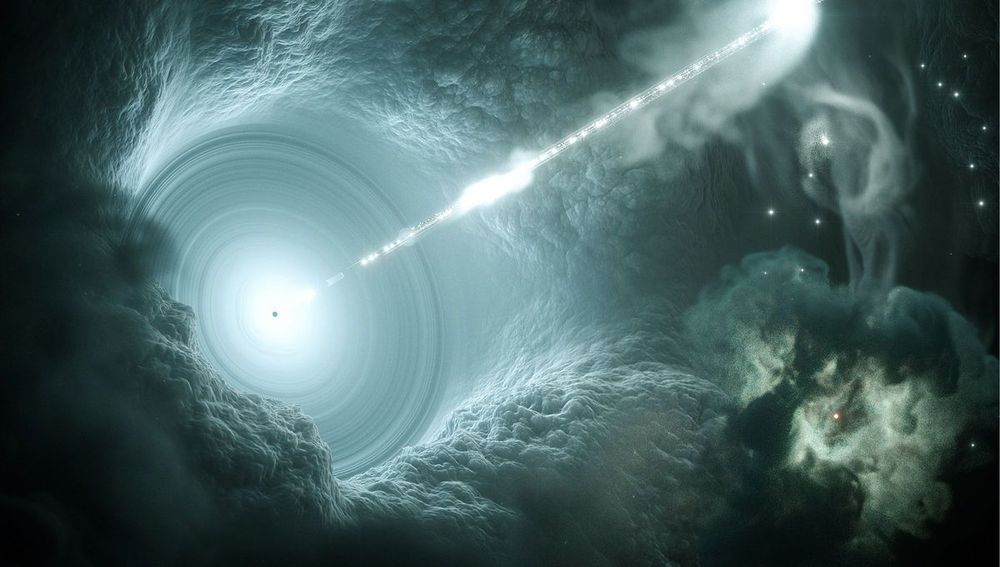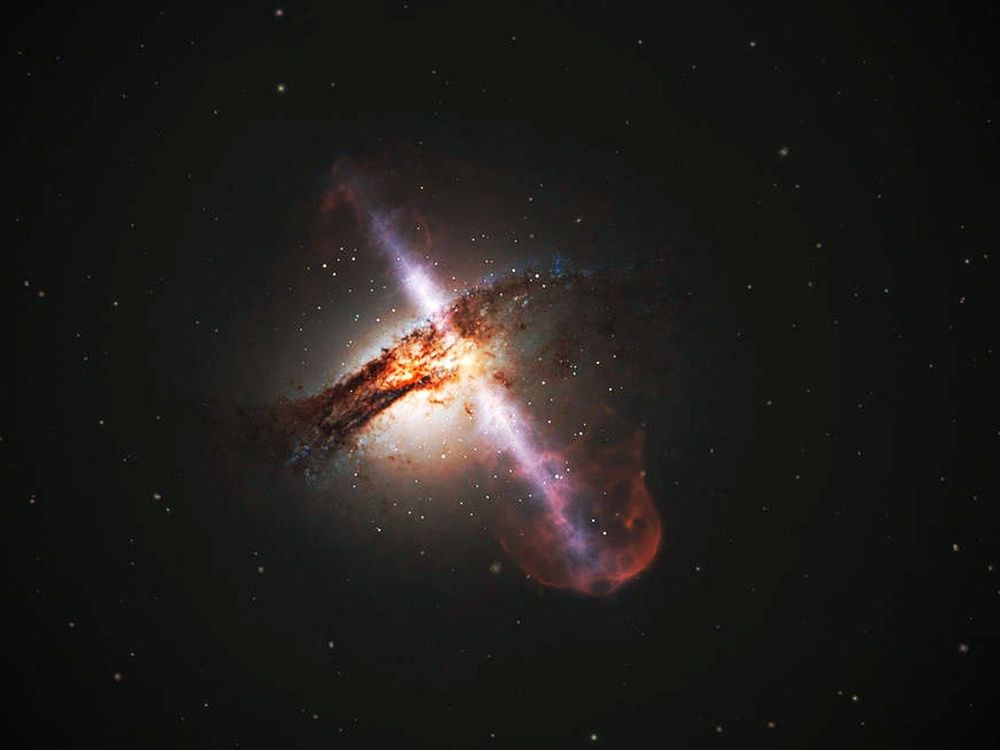Nov 28, 2019
How to Survive the End of the Universe
Posted by Paul Battista in categories: cosmology, robotics/AI
The problem of surviving the end of the observable universe may seem very remote, but there are several reasons it may be important now: a) we may need to define soon the final goals of runaway space colonization and of superintelligent AI, b) the possibility of the solution will prove the plausibility of indefinite life extension, and с) the understanding of risks of the universe’s end will help us to escape dangers like artificial false vacuum decay. A possible solution depends on the type of the universe’s ending that may be expected: very slow heat death or some abrupt end, like a Big Rip or Big Crunch. We have reviewed the literature and identified several possible ways of survival the end of the universe, and also suggest several new ones. There are seven main approaches to escape the end of the universe: use the energy of the catastrophic process for computations, move to a parallel world, prevent the end, survive the end, manipulate time, avoid the problem entirely or find some meta-level solution.

